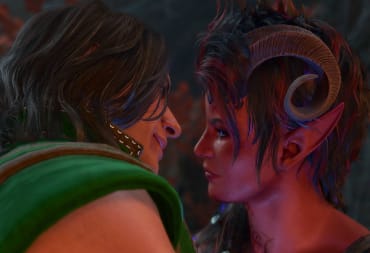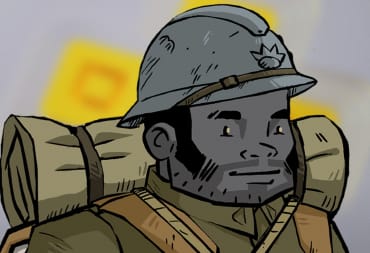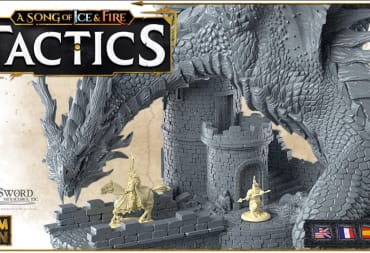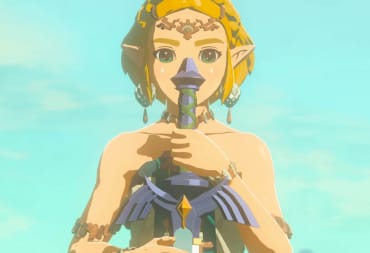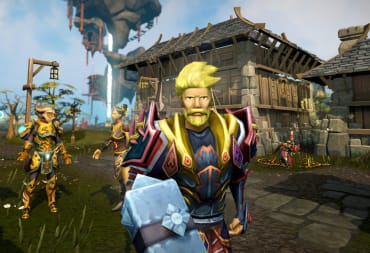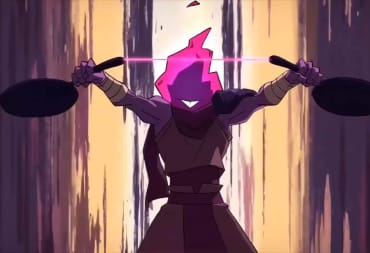As Bob Dylan once wrote, "just remember/That death is not the end". He wasn't talking about Restless Soul, but his lyrics certainly apply to Fuz Games' new comedy bullet hell adventure. In fact, in Restless Soul, death is very much just the beginning. You arrive in the Grim Reaper's office newly dead but very much wanting to return to the living world, and after a quick chat with Death himself, you learn that you must gather eight keys in order to open a portal back to "Life". To do so, you must explore the Afterlife's many and varied locales, searching for the keys and interacting with the world's inhabitants.
You'll be prompted to name your character at the start, but you're not actually the ghost at the center of this adventure; instead, you are the player themselves, guiding the ghost through the Afterlife in search of the keys. This is one of several meta tricks that Restless Soul pulls throughout the course of its running time.
Restless Soul is very much a "comedy" game in the truest sense of the word; most of its characters are mouthpieces for jokes, many of them self-referential. Games like this live or die on their comedy, so it's important for Restless Soul to stick the landing in this area if nowhere else.
Restless Soul Has Some Pretty Uneven Comedy
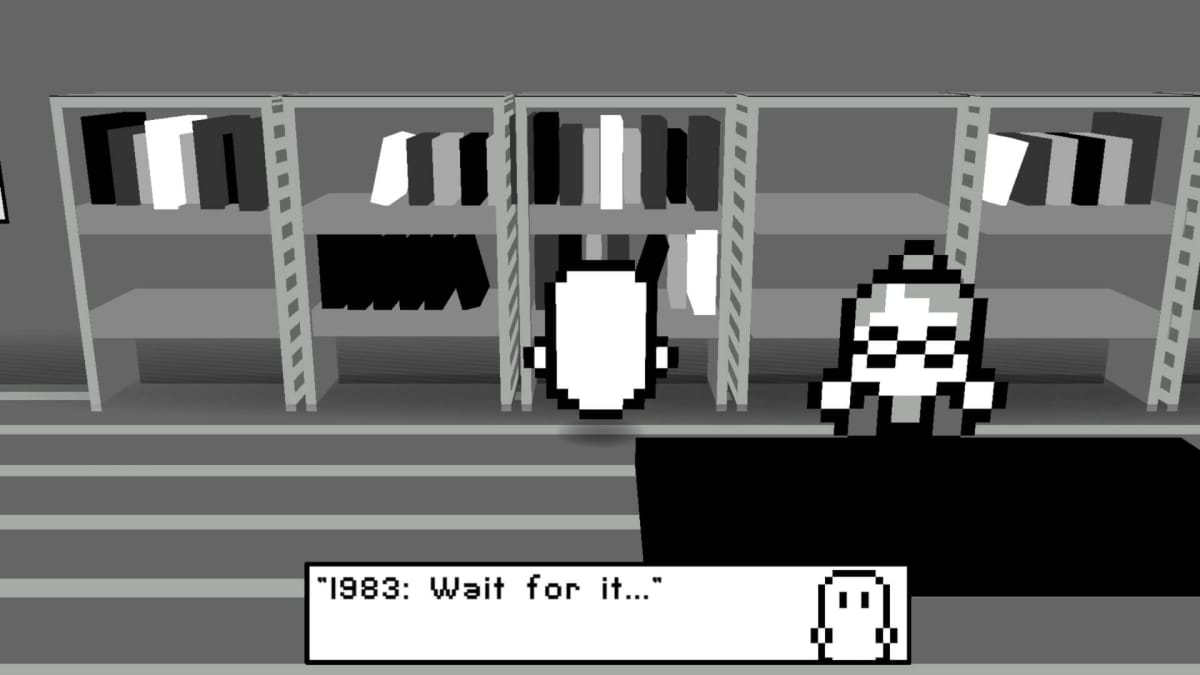
Let's get right to the heart of it. Restless Soul isn't always going to make you laugh. It's true that comedy is subjective; there's pretty much no comedian that can bridge the divide and make every single person in the world keel over with laughter, after all.
Even by that metric, though, Restless Soul is scattershot. Some of its jokes are funny and well-observed. There's a particularly funny routine involving a door guard, wherein trying to get past said guard becomes increasingly difficult and frustrating. Most of Restless Soul's comedy is absurd rather than witty, but at times, the jokes are well-written and sharp.
Other jokes, however, are painful to the point of embarrassment. Restless Soul relies far too heavily on the "lol we are a video game" school of humor, and it quickly becomes tiresome. Characters will frequently reference things that typically happen in video games, merely pointing to them without actually making any kind of informative or insightful comment on them.
Restless Soul isn't always going to make you laugh.
I confess that this kind of metatextual comedy is particularly irksome to me, so if you do like characters telling jokes about how strange it is that the camera follows one character in a game and not another, then you'll find a bounty of riches in Restless Soul. These jokes wore me down over time, though.
It's a shame, because when Restless Soul does manage to be funny, the other strengths of the experience shine through. The visual aesthetic is striking; it's essentially Paper Mario's 2D-3D style rendered in Game Boy-esque black and white.
Restless Soul's mix of 2D and 3D is occasionally used to comic effect, and these jokes can be well-executed; 2D characters will sometimes use their lack of a third dimension to escape cages, for example, much to the chagrin of the bad guys. There aren't enough of these solid jokes, but when they happen, they're delightful.
There's No Real Storytelling In Restless Soul
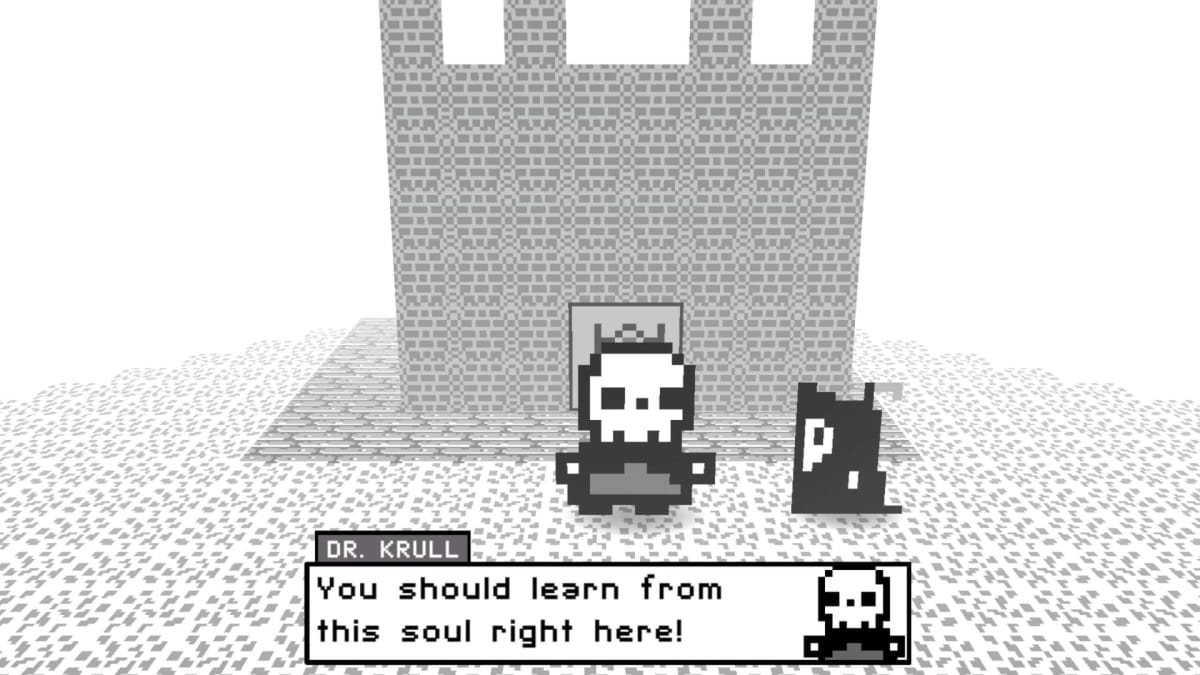
Restless Soul's approach to comedy means it struggles to maintain a consistent sense of narrative flow or logic. Obviously, Fuz Games would say that's deliberate, but without something to latch onto, some sense of weight or meaning to the world, Restless Soul can feel somewhat insubstantial and loose. When every single character is pretty much just a conduit for comedy, it also means that those characters don't feel like real people, and that can make even a 5-6-hour game difficult to endure.
Toby Fox's Undertale seems like an obvious touchstone for Restless Soul, along with the Paper Mario series, but those games both understood that comedy does not have to be at odds with character. Undertale's cast is hilarious, but they're also warm and emotionally engaging. Restless Soul's trouble is that its writing isn't clever enough to distinguish characters, so everyone sounds the same; all of the dialogue sounds very much like it's been "written" rather than like it's being said by a real person.
If you can disengage your continuity brain and simply accept Restless Soul for what it is, which is a comedy routine delivered as a video game, then you might be able to forgive some of those problems. What is unforgivable, however, is the ending.
I won't spoil anything here, but at the very last minute, Restless Soul takes an entirely unearned, lurching left turn into unabashed sentimentality. It feels jarring and cheap, like suddenly being asked to pay for a clown's dialysis at the end of a lengthy juggling routine, and it makes the whole preceding experience feel oddly manipulative.
The Gameplay In Restless Soul Is Insubstantial, But Fine
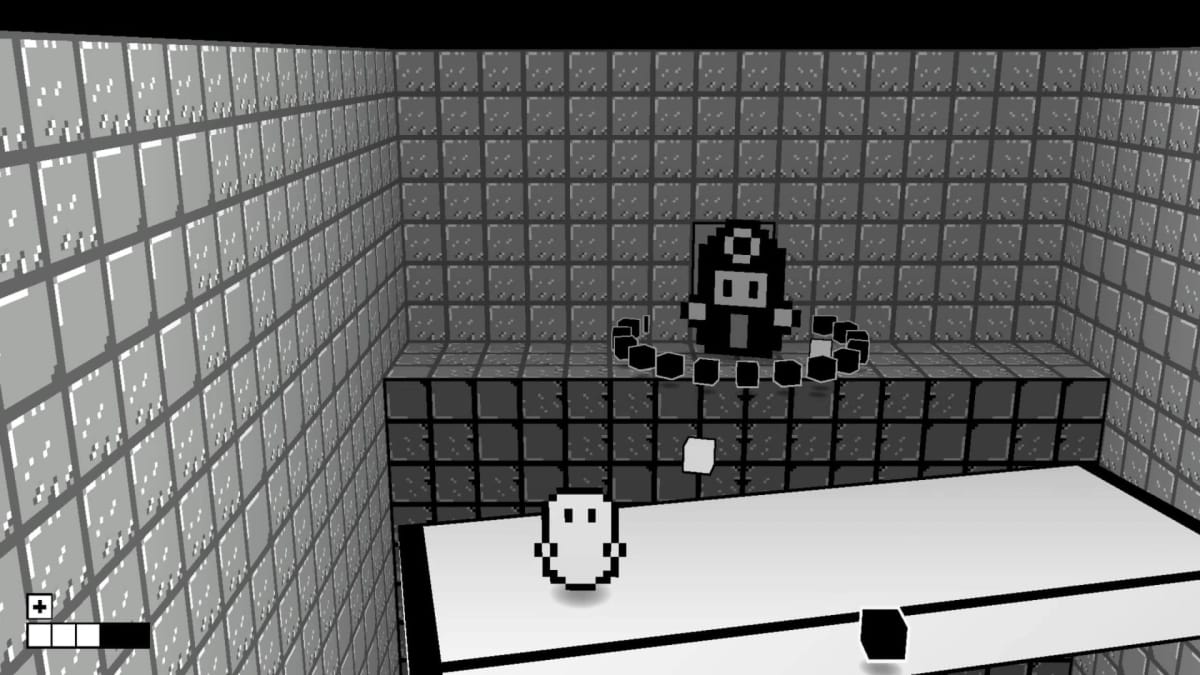
After all that, there is also bullet hell combat in Restless Soul. If that feels like an artificial segue, then that's because Restless Soul is about as interested in integrating its gameplay and story as it is in giving any of its characters one single line of serious dialogue.
There are comedy adventure parts, and then there is combat. The transition really does feel that sudden. You're exchanging "witticisms" with characters, then you're suddenly fighting them in basic bullet hell-lite sequences. Fire bullets at enemies and dodge theirs; that's really all there is to it.
For what it is, the combat is fine. It works alright, although some of the hitboxes can be a little questionable. Enemies rarely pull any particularly surprising gambits, resorting instead to the standard "spray and pray" bullet hell style. There are one or two more interesting spins on the formula, like the cowboy twins who fire damaging and slowing bullets, but most of the bullet hell stuff is unchallenging and a little anemic. If you're looking for Furi-style frantic boss battles where your very life is at stake, you won't find them here.
There are comedy adventure parts, and then there is combat. The transition really does feel that sudden.
With that said, Restless Soul does vary up its core gameplay a few times, helping to stop things from becoming stale. Platforming sequences, puzzle challenges, and even a first person pseudo-race are peppered throughout a relatively short campaign, so if you do grow tired of the bullet hell combat, there is other stuff to do. It's never quite enough to make Restless Soul feel like a proper "game", rather than a collection of comedy vignettes broken up by grudging concessions to gameplay, but the different styles on offer here can be fun.
Restless Soul Review | Final Thoughts
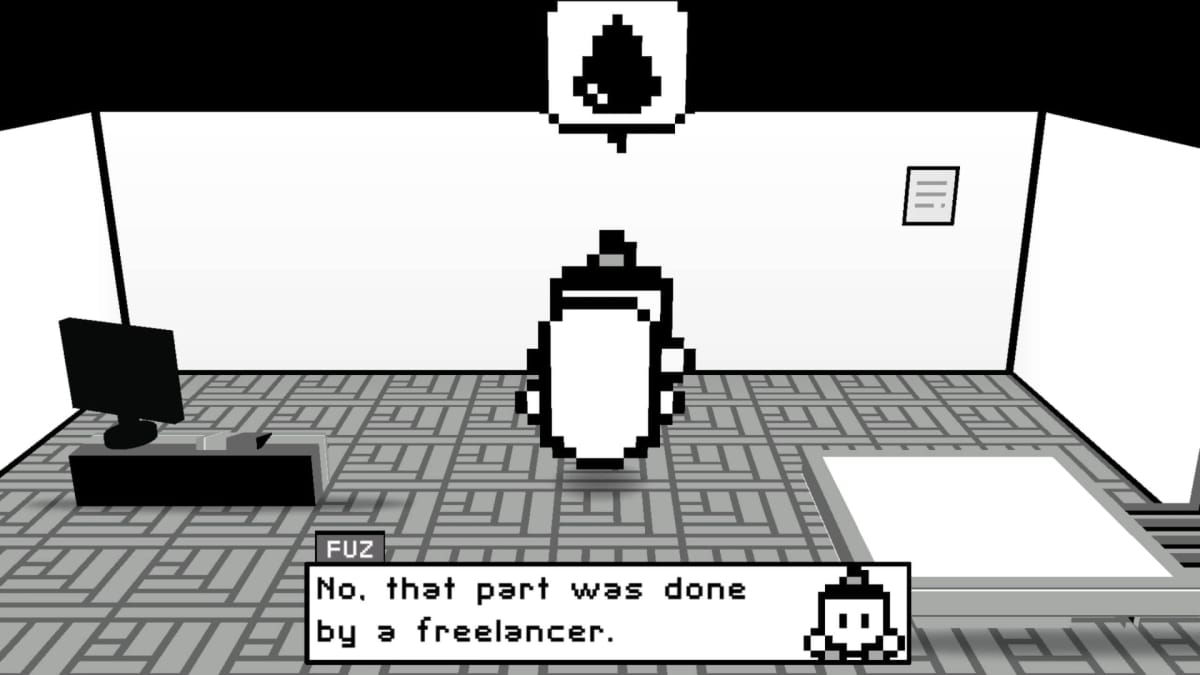
Whether or not you vibe with Restless Soul's comedy will entirely determine whether you have a good time with it. I'm growing rather tired of self-referentiality in-game humor, and I also like my jokes to come from real characters, so Restless Soul's comedy didn't entirely work for me. If your sense of humor is different to mine, you may find the comedy more tolerable, and if you do, there's a perfectly agreeable quasi-bullet hell adventure to be had here. The whole experience is rather insubstantial and lacks a solid core gameplay mechanic to hang everything else on, but it's got a lot of heart, and that counts for something.
TechRaptor reviewed Restless Soul on PC with a copy provided by the publisher. It is also available on Nintendo Switch.
Review Summary
Pros
- Some Funny Jokes
- Striking Aesthetic
- Adequate Combat
Cons
- Some Unfunny Jokes
- Total Lack Of Challenge
- No Real Story
- Tonal Whiplash Ending
Have a tip, or want to point out something we missed? Leave a Comment or e-mail us at tips@techraptor.net


